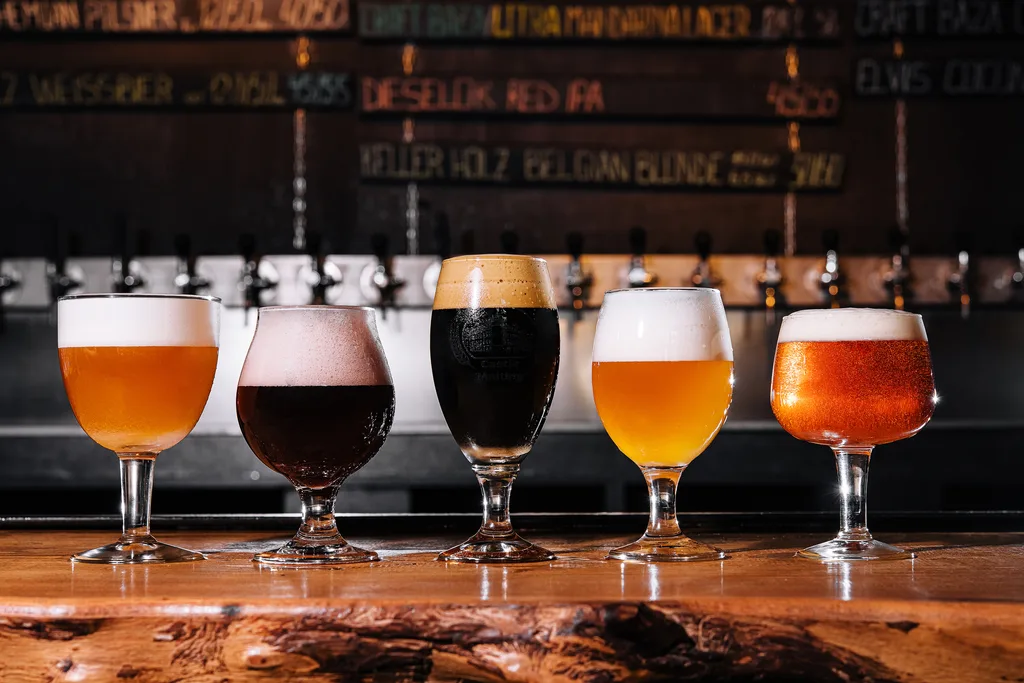These are the main signs you may have an unhealthy relationship with alcohol
Most of us enjoy a drink every now and again, and some of us probably enjoy a drink slightly more often than this. But these are the six signs you should look out for if you’re concerned that you may be drinking a bit too much.
The NHS recommends that adults don’t drink more than 14 units of alcohol a week, which is the equivalent of about seven or eight pints of normal strength (around 4 per cent) beer or cider.
But in recent years, it’s safe to say that drinking has become less popular and has certainly lost the ‘cool’ image it had in the 2000s.
More and more under-35s are choosing not to drink, and several famous faces have spoken about how they’ve decided to give up the booze.
The likes of Adele, Tom Holland and Daniel Radcliffe have all opened up about how they have gone teetotal after drinking heavily during their youth – Adele described herself as being a ‘borderline alcoholic’ in her twenties, Holland has said he was ‘obsessed’ with booze, and Radcliffe has revealed he used to drink to cope with fame.

According to the NHS, alcohol misuse is “when you drink in a way that’s harmful, or when you’re dependent on alcohol.”
But what are the main signs that you may be developing, or have developed, an unhealthy relationship with alcohol?
Dr Dave Nichols, an NHS GP and medical adviser at website MyHealthChecked, has revealed the six signs you should watch out for:
1) You drink alcohol every day without thinking about it
2) You binge-drink regularly
3) You only socialise where drink is involved
4) You drink regularly during the day
5) You find it annoying when others are not drinking
6) You drink more than the NHS guidelines every month
Speaking to the Sun, Dr Nichols explained that alcoholism is when a person has an uncontrollable desire to drink.
“Their body is dependent on alcohol,” he said.
“Alcoholics will usually develop physical and psychological symptoms if they stop drinking.
“Borderline alcoholics might experience symptoms such as abdominal pain, stress, anxiety, bad skin, trouble sleeping, irritability and higher blood pressure.
“They are early indicators that you need to significantly reduce your alcohol consumption.”
He added: “The most common long-term physical impacts of borderline alcoholism are abnormal liver function, cardiovascular disease, diabetes and mental health problems, but these are often hidden diseases and patients are unaware of them until they progress.”
If you are struggling with alcoholism, or know someone who is, you can find free help and advice at the following places:
- Drinkline is the national alcohol helpline. If you’re worried about your own or someone else’s drinking, you can call this free helpline in complete confidence. Call 0300 123 1110 (weekdays 9am to 8pm, weekends 11am to 4pm).
- Alcoholics Anonymous (AA) is a free self-help group. Its “12 step” programme involves getting sober with the help of regular support groups.
- Al-Anon Family Groups offer support and understanding to the families and friends of problem drinkers, whether they’re still drinking or not. Alateen is part of Al-Anon and can be attended by 12 to 17-year-olds who are affected by another person’s drinking, usually a parent.
- We Are With You is a UK-wide treatment agency that helps individuals, families and communities manage the effects of drug and alcohol misuse.
- You can also find more resources and help on the Drinkaware and NHS websites.
Related links:
Here’s how your body transformed if you just finished sober October
Matthew Perry perfectly shut down journalist who called addiction a ‘fantasy’
‘Beer goggles’ study finds alcohol does not make people seem better looking





















































